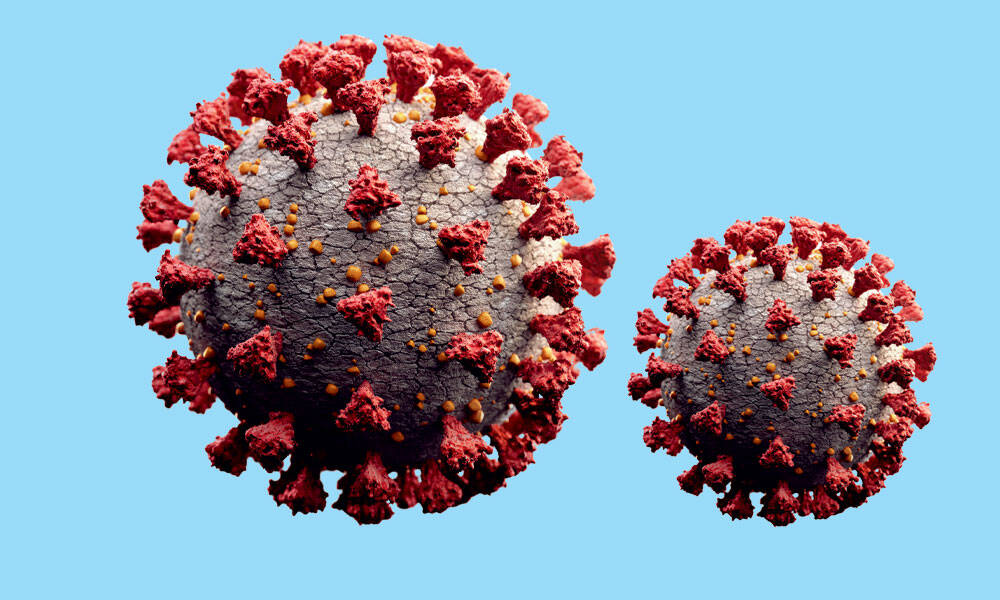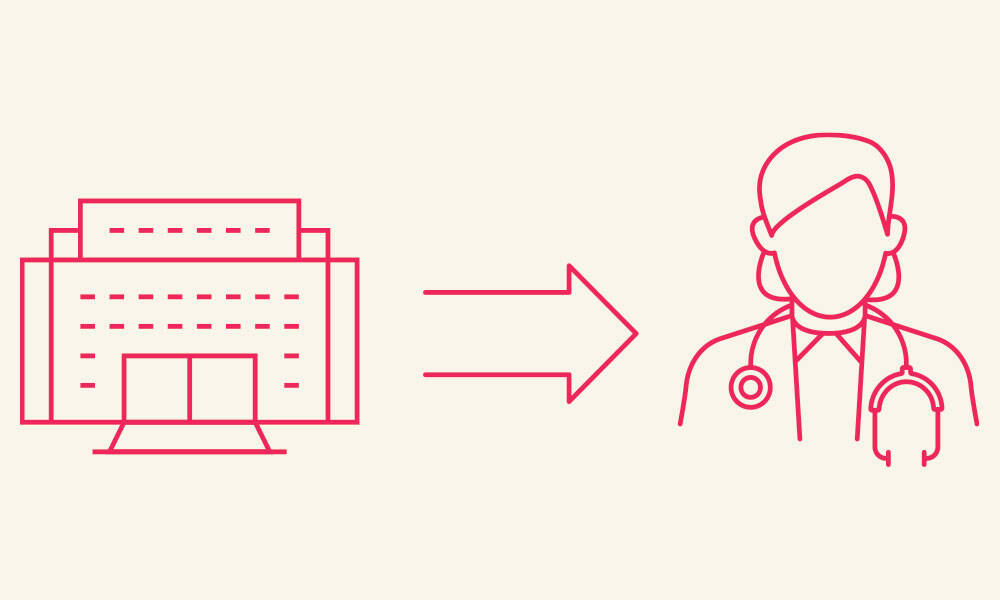
Associations Step Up During Coronavirus Outbreak
Coordinated effort produces essential supplies; telehealth in the spotlight; housing for front-line workers; virus illustrations as training tools; distillers become hand sanitizer producers.
Think Globally, Act Locally
Coronavirus Response • Illinois Manufacturers’ Association and Illinois Biotechnology Innovation Organization
The COVID-19 pandemic is global, but responses are often local. In their state, the Illinois Manufacturers’ Association and the Illinois Biotechnology Innovation Organization led a community response fund to ramp up production of life-saving medicine and therapies, personal protective devices, and medical equipment to support front-line healthcare workers combating COVID-19 in local communities.
Gov. JB Pritzker asked IMA and iBIO to lead the coordinated effort to increase production of essential items, foster collaboration by companies wanting to help, increase efficiency, and address regulatory challenges. — Lisa Boylan

Telehealth’s COVID-19 Close-Up
Coronavirus Response • American Telemedicine Association
Many Americans who have needed to see a doctor this year have done so via a computer screen. “Telehealth has proven to be a critical tool in our response to this health crisis, and more patients and providers than ever before are experiencing the benefits of virtual care, many for the first time,” says Ann Mond Johnson, CEO of the American Telemedicine Association. “It is hard to put into context the speed and scale of the recent telehealth policy changes, but it is fair to say the ATA and our members have led and supported efforts to address barriers that might have prevented the essential expansion of these services to millions of patients who need them.” — Lisa Boylan

Housing for First Responders
Coronavirus Response • American Hotel & Lodging Association
Medical staff treating COVID-19 patients often must decide whether to sleep at home with their families and risk exposing them to the virus. The American Hotel & Lodging Association’s Hospitality for Hope initiative gives them an alternative, matching doctors and nurses with 17,000-plus hotel properties near healthcare facilities that are willing to offer them temporary housing.
“As an industry of people taking care of people, the hotel industry is uniquely positioned to support and help strengthen our communities and first responders who are on the front lines of dealing with this ongoing public health crisis,” says Chip Rogers, AHLA president and CEO. — Samantha Whitehorne
Visualizing a Virus
Coronavirus Response • Association of Medical Illustrators
Members of the Association of Medical Illustrators banded together quickly to develop timely visual training materials for front-line healthcare professionals responding to the pandemic.
“Our field makes invisible things visible,” says Michael Konomos, an Emory University School of Medicine illustrator who serves on AMI’s board of governors. Konomos set up a central repository for information about COVID-19 on AMI’s member hub, which accelerated illustrators’ ability to create and share materials about the virus to improve public health.
The collaborative effort highlights the “power of associations” as hubs for knowledge exchange in the professions they represent, says AMI Executive Director Whitney Wilgus. — Lisa Boylan
Distilled Essentials
Coronavirus Response • Distilled Spirits Council of the United States
A massive shortage of hand sanitizer in the United States due to COVID-19 prompted nearly 800 distillers across the country to use their distilling equipment to produce this essential item. The Distilled Spirits Council of the United States supported their efforts by working closely with federal agencies to overcome regulatory hurdles and share technical guidance on hand sanitizer production. DISCUS also launched an online portal to connect distillers with resources for ingredients, supplies, and distribution.
“The nation’s distilled spirits industry is mobilizing to assist our communities, hospitals, and first responders during this time of crisis,” says Chris Swonger, DISCUS president and CEO. — Lisa Boylan
(Association of Medical Illustrators)






Comments